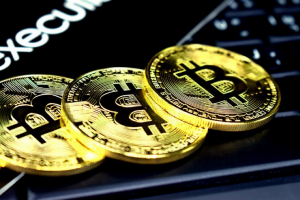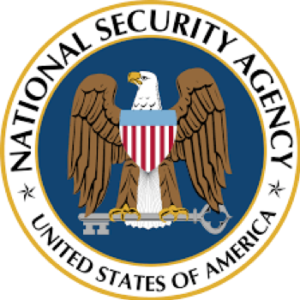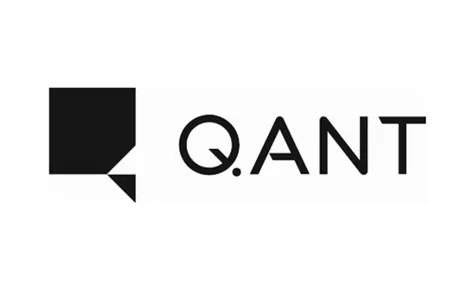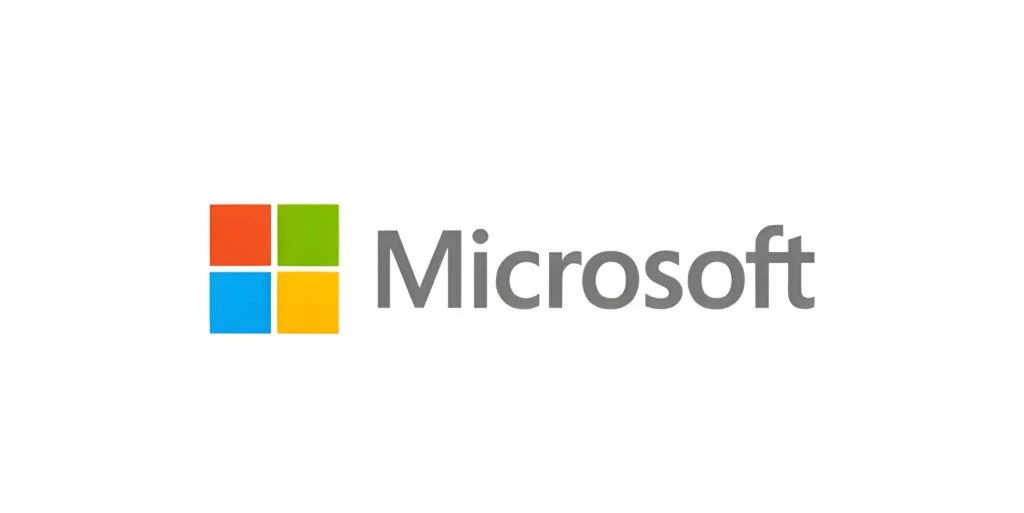Real-time Threat
Data hacking in the cryptocurrency sphere is nothing new. It’s been happening since 2009 when Satoshi Nakamoto released Bitcoin to the world.
Anyone familiar with the crypto space will know about the Mt. Gox hack of 2014 when it lost a whopping $473 million of their customers’ bitcoins.
‘It’s like robbing a bank, except you can do it from a thousand miles away, from the comfort of your home, and the money you get is virtually untraceable and you can disguise it by laundering it through multiple wallets in a matter of minutes.’

— Robert Long, an attorney at GreenbergTraurig and former federal prosecutor
This summer, hackers got away with over $30 million from Bithumb. In January, a breach of the Japanese exchange Coincheck lost the platform over $500 million.
Ouch. (That’s why I stopped mining in 2016).
And I could name more.

But I don’t want to scare you with my bucketful of FUD (fear, uncertainty, doubt).
Just like fiat currency, though, we can’t deny cryptocurrency is not immune to cybersecurity issues, and as it becomes more popular, the problems will only rise.
Counter Measures
So, it’s no surprise that the United States Security Agency (NSA) wants to develop a quantum-resistant cryptocurrency that will secure its interests and the interests of its clients.
Unlike Mark Zuckerberg and his Libra currency which plans world domination, the NSA’s intentions are much more amiable, thank God.
According to Bloomberg Technology reporter William Turton, who published a tweet about a report from Anne Neuberger, Director of NSA’s new Cybersecurity Directorate, the agency plans to:
‘[…] propose hardware and software standards again. Also notes agency is working to build quantum-resistant crypto.’

The agency is mindful of the threat that the current geopolitical situation can bring about in regard to the financial world, from the potent threat of North Korea to China’s move to take over the United States as the number one economic power in the world.
And lest we forget Russia: Putin is reeling from what it sees as his country’s loss of power and respect from the West. A cyber attack would be fitting of him under the circumstances. Another concern is next year will be the presidential elections. In 2016 Russia was accused of interfering in the elections, claims the Russians vehemently deny. Besides, the agency doesn’t want a repeat of the Cambridge Analytica scandal, whose aftermath is still being felt today.
‘It’s surprising just how easy it is without any tech skill to commit cybercrimes like ransomware. It’s not always these large nefarious groups, it’s in anybody’s hands.’
— Carbon Black Security strategist Rick McElroy
Moreover, the potential powderkeg that is the Iran tanker attacks could migrate to cyberspace.
The agency claims it comes under some 4,000 ransomware attacks daily. Quantum-resistant cryptocurrency could potentially do away with all these in one fell swoop.
Paradigm Shift
Whether or not Neuberger’s promises will come to fruition, it is a gesture that quantum technology — and its implications — is something that the U.S government seriously considers a technology that is both disruptive and game-changing. They realize a paradigm shift, of epic proportions, is moving the technological tectonic plates.
And they want to be ready for when the epicentre rumbles.


















